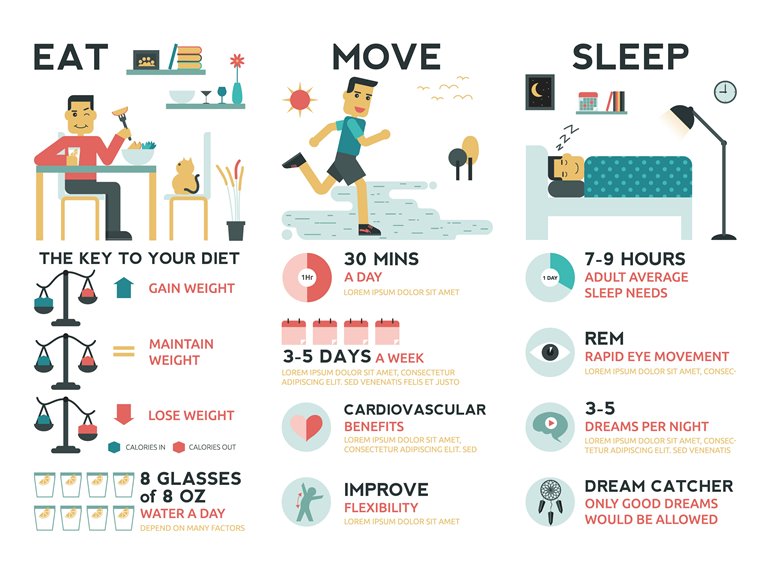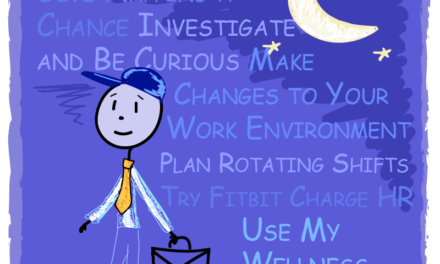How you eat, move and sleep will shape your day
I’ve discovered that people who have the ability to balance their own wellbeing with the needs of others are generally happier and more content. Because of this, they make better friends, leaders, partners, parents and colleagues.
You’ve heard that old adage “my cup runneth over” right? Oprah Winfrey explained once that “it’s only once you take care of yourself, will you have something that will runneth over”. This means listening to your own needs and filling your own cup first so you’ll have something to give in the first place. This is the relationship between self-care and contribution. Whether we like to admit it or not, everybody has needs and we need those needs to be met.
Author, Tom Rath, in his book “Are You Fully Charged?” details how he spent more than 20 years battling various forms of cancer. He is a father and a husband who is keen to increase his odds of living longer. He writes: “an important lesson from my own experience is that even a profound threat to one’s mortality is a poor motivator for making better decisions today. All of the knowledge about creating healthier lifestyle does very little good until it leads to change in daily behaviour”. To create this change, he suggested his readers “use short term thinking for better health”. Let’s unpack this idea.
The concept of short term thinking for better health has had a profound effect on my life. It taught me to change the way I think about my goals. I began taking notice of my daily energy levels and I observed how the actions I took and the decisions I made influenced how I felt.
I have since used this principle to support a long term change in my behaviour. Through journaling, I’ve discovered that if I don’t walk for two days in a row, I experience a negative change in my mood. If I don’t do my stretching exercises regularly, I suffer from back pain caused by an accident some years ago. If I haven’t had enough sleep, I get grumpy (just ask my husband, he literally avoids me until I’ve had my morning coffee!). It’s easy for me to look back in my journal to connect the dots to see what’s missing. I can then take corrective action.
When we are tired, sluggish, bloated or moody, switching our mental gears to feel energetic again takes practice and commitment. Often it is easier to reach for what we know will provide immediate results (such as sugar) but the consequences are longer-term fatigue, sluggishness and often weight gain leading to a more depressed mood. That’s why identification of the source is the first step. It’s like a cue for our mind to begin switching gears. It gives us a period of grace in which we can decide to take action to help reinstate our energy levels. Recording personal information is gold when we want to effect change in our lives. We can flip through a few pages in our wellness journal and realise we haven’t slept properly in a few days. Corrective action might mean getting an early night, having a relaxing bath, taking some time to meditate or breathe outside in nature.
Small choices accumulate for better or for worse. As Tom writes in his book “when things go wrong in any one of three areas – eating, moving or sleeping – it throws everything else off course”. If you take care of one area you will naturally see an improvement in the other areas as well.
Wellbeing does not have to be complicated! Let’s start with eating, moving and sleeping.
Journaling tip
- Think about how eating, moving and sleeping influence each other.
- How are your emotions and moods affected when you eat poorly, don’t move enough or your sleep is disturbed? Write down your findings in your wellness journal.
- Pick one of the three areas – eating, moving or sleeping and set a small and achievable weekly goal in that area. You might like to do a different one each week.
- Record any changes you experience in your daily energy level and mood when you achieve your goal.
Words To Grow By
Tom Rath
“Your overall satisfaction with life certainly matters. But you create meaningful change in moments and days, not years and decades.”





